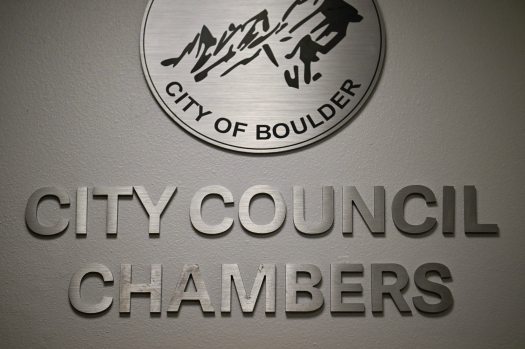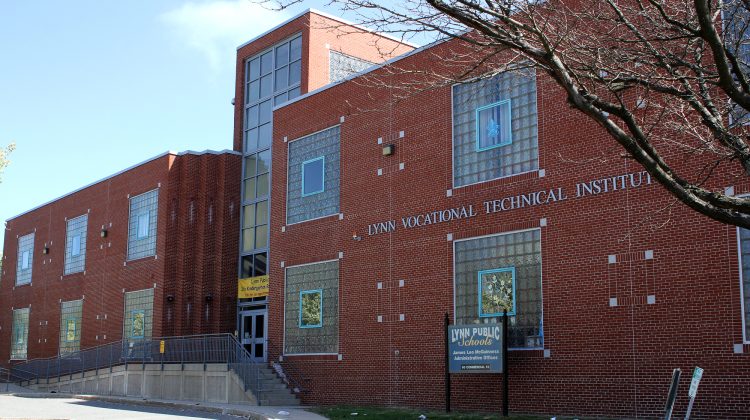UPDATE: The Boulder City Council has just enacted a two-year ban on gray water systems, impacting residents hoping to utilize recycled water for irrigation in the city. The ordinance, passed last week, aligns with a new Colorado state law set to take effect in 2024, which allows gray water systems in new construction but permits municipalities like Boulder to opt out temporarily.
Gray water, sourced from sinks, showers, and appliances, can significantly reduce the need for fresh water in irrigation. However, the council’s decision to impose a ban is rooted in compliance and oversight concerns. City staffers anticipate that establishing a comprehensive gray water system will require extensive regulatory measures, including creating a permitting process, conducting inspections, and ensuring backflow prevention to protect drinking water quality.
The implementation of these systems is expected to take a minimum of two years and will necessitate hiring two full-time equivalent positions to manage the process effectively. As the city moves through this transition, the temporary ban aims to enable Boulder to develop a robust framework for safe gray water usage.
Supporters of gray water initiatives, including Mark McIntyre, Chair of the Planning Board, have criticized the ordinance for being overly broad. McIntyre expressed concerns in a personal memo, stating, “The current draft ordinance is too broad and blunt in its prohibitions and definitions while criminalizing behavior that actually helps us reach our sustainability goals.” He calls for clarity and broader engagement with stakeholders in the community.
The city has acknowledged the potential benefits of gray water systems, referencing a CU Boulder project that reused gray water from the Williams Village dorm from 2013 to 2023, although it did not conserve as much water as projected. This has fueled the debate over how best to implement gray water systems in Boulder.
With water conservation becoming increasingly critical amid ongoing climate challenges, the council’s decision could have significant implications for residents eager to adopt sustainable practices. As discussions continue, all eyes will be on how the city navigates public engagement and regulatory development in the coming months.
Residents and advocates are urged to stay informed about updates and participate in discussions regarding the future of gray water in Boulder. The conversation is far from over, and community engagement may shape the outcome of this critical sustainability initiative.







